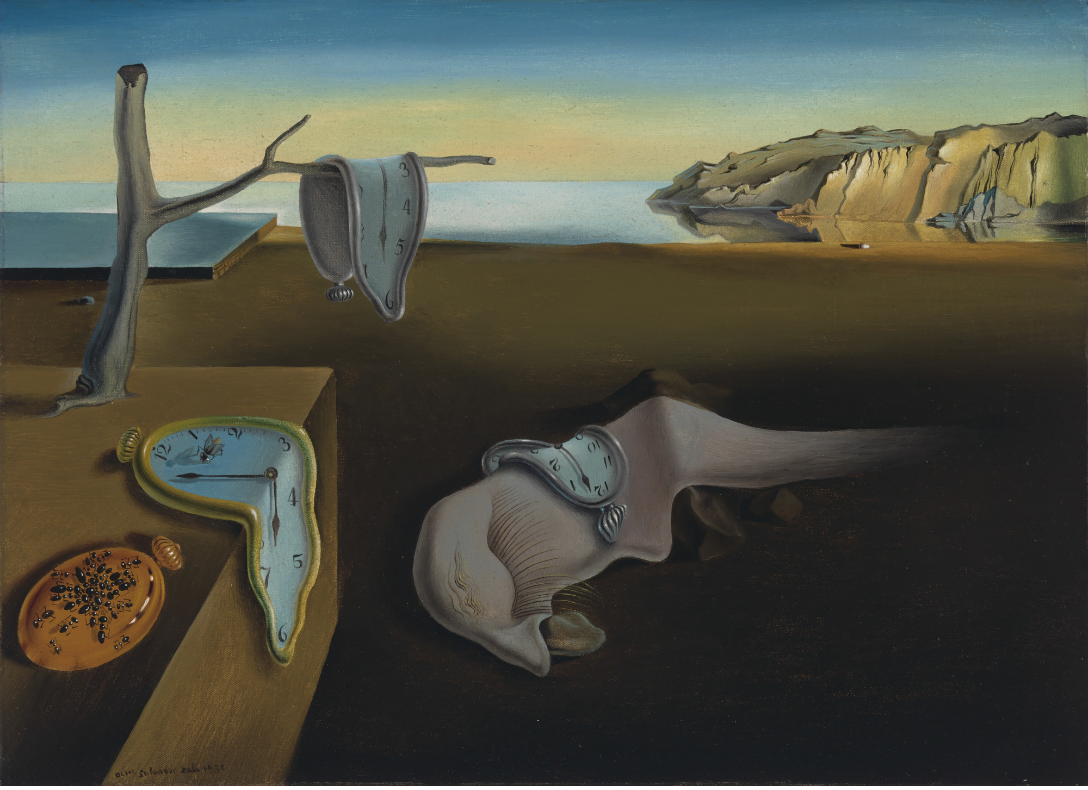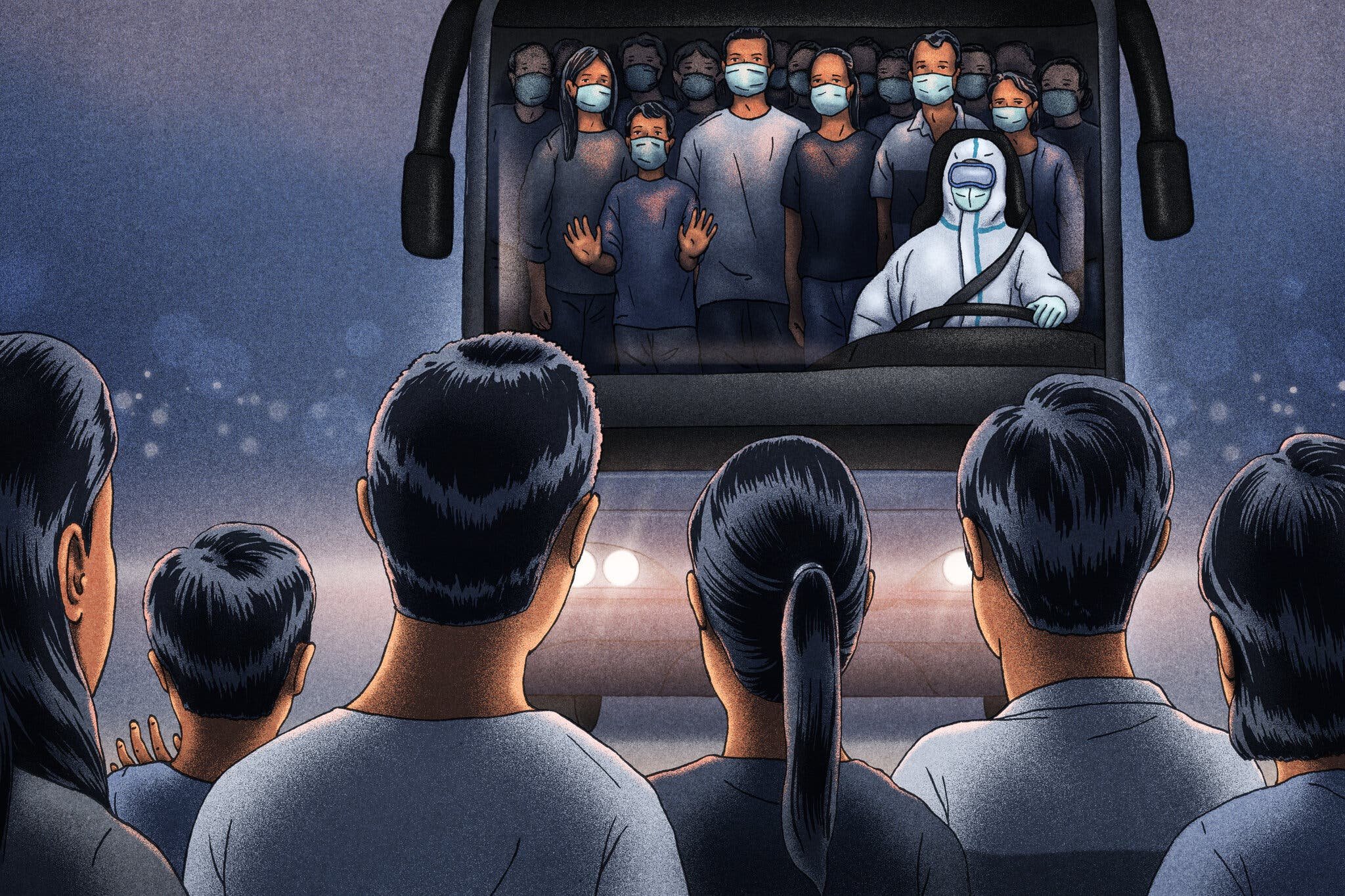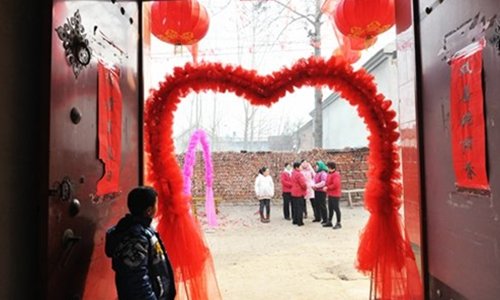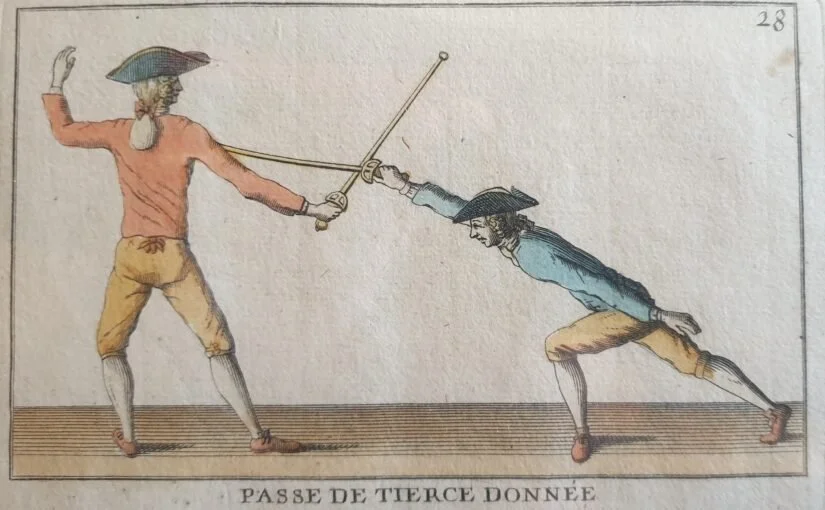Symbolic Anthropology of Traditional Religion: A Favor of the Irrational Appetite for Relative Meaning over the Rational Inquiry for Objective Truths
Painting: Portia Zvavahera, Kumasowe (Place of Prayer), 2020, oil-based printing ink and oil bar on canvas.
Robin Horton’s Patterns of Thought in Africa and the West (1993) offers a comparative study of two thought systems, namely Western scientific thought and African traditional religious thought. Horton’s assessment of religion from an objectivist and realist stance is describable as the intellectualist approach that stresses universal rationality in the human mind to deduce from empirical observations and act in productive behaviours accordingly in pursuit of ends. One such effort of cross-cultural analysis has also been sought by anthropologists on the principle of conceptual relativism, where religious entities should be independently assessed within the particular cultural contexts they belong to. However, Horton argues that the anthropologists mistakenly employed an ideological embargo on irrationality (132), where a continuous reading between traditional religion and the Western scientific framework would result in the former being “markedly inferior” (7).
In this essay, I examine Horton’s definition of rationality and how it serves as a tool of critique in his intellectualist framework against the symbolic anthropologists, where the latter are argued to be mistaken in their fear of recognizing irrationality in traditional religious thought.
Revealing the Disturbed Consciousness and Reforming the Sense of Self: Phenomenological Psychiatry and Its Empirical Application in Schizophrenia
Painting: Portrait of Pablo Picasso (1912) by Juan Gris
Phenomenology, a philosophical tradition initiated by Edmund Husserl in the early 20th century, accounts for the awareness of phenomena in our conscious experience. Consciousness, which is the main subject of phenomenology, is treated as our only contact with the external world that allows us to intend a life-world relationship with the objects as they appear to subjects as the content of a given experience. This paper overviews the phenomenological method as a rigorous procedure applied in the field of empirical psychology and developed by Amedeo Giorgio (1985). By exercising phenomenological reduction and temporarily suspending the natural attitude, the psychologist collects descriptive data and analyzes it in search of the psychological meaning in the context experienced by the participant. I argue that the phenomenological method is empirically feasible in the qualitative research of human consciousness, with a demonstrable emphasis on its applicability in the psychiatric diagnosis and treatment of mental illnesses such as schizophrenia…
Is Arithmetic Synthetic? A Defense of Kant Against Frege’s Logicistic Definition of Numbers
Painting: Complementarios (1996) by Francisco Castro Leñero
Here I will assess Kant and Frege’s views on whether arithmetic is analytic or synthetic. I begin by presenting Kant’s definitions of syntheticity and how it applies to arithmetic in the Critique of Pure Reason, and then proceed with Frege’s framework of logicism in the Foundations of Arithmetic and his definitions of numbers through sets and equal numerosity. In the third section, I argue that Frege’s definition of numbers using set theory is insufficient to prove arithmetic as analytic, for the concepts and sets under the logicistically defined subject and predicate do not fulfill the two necessary containment relations that are conditions to analyticity in reciprocity. Furthermore, I argue that Frege presupposed Kantian epistemology by invoking intuition. Overall, my essay presents a defense of Kant’s assessment of arithmetic as synthetic a priori against the attack from Frege’s logicism that holds arithmetic to be analytic.
Saying Yes to the Absurd as the Creative Rebel: A Reinterpretation of the Sisyphean Revolt in Camus’s Absurdism
Painting: Sisyphus (1870) by Sir Edward Coley Burne-Jones
At the intersection of our will to meaning and the universe devoid of meaning, we’re condemned to go through life as exiles with the lucid awareness of fate’s viciousness to have us fail in the hunt for meaning. A parallel emerges between our futile efforts in a groundless life of hectic tasks and Sisyphus’ indefinite condemnation by the Greek gods to roll a boulder up a mountain only to have it rolled back again. We’re faced with the ultimate question, which is to resign ultimately from the futility by suicide, or to carry on in full consciousness of the absurd. Camus called for us to look to Sisyphus, who must be imagined happy in his tenacious perseverance to continue the pointless act with a heroic revolt at heart and a clear grasp of the futility in mind…
Enduring Meaning in the Strive to Transcend: A Critical Analysis of Schopenhauer’s Pessimistic Formulations of Pain and Pleasure
Painting: Serie WU/Rosen, Grupp II, The Eros Series, No. 2 (1907) by Hilma af Klint (Swedish, 1862-1944).
Schopenhauer saw our reality as consisting of things as they are represented and a metaphysical core of the universal and indivisible thing-in-itself, namely, the transcendental will, which is a blind and aimless impulse foundational to all beings. This will forms the objecthood of appearances and initiates our endless strivings for survival, procreation, and happiness that passes as mere satisfaction of desires. However, we constantly experience unpleasant resistance in our strivings toward any desirable goal. Schopenhauer deems those impediments to be the sources of suffering and the basis of his pessimistic views of life where we always find ourselves in a sustained deficit of pleasure where the hedonic costs of striving are always greater than the fleeting returns of pleasure. In this paper, I argue that the striving pain can be impermanent and mild with uncommon exceptions of prolonged suffering, and enduring happiness can be found in the pleasurable strive to transcend finitude through meaningful creations…
Raving Rationally as Artists in the Irrational Social Order: A Defense of Rancière’s Intellectual Emancipation
Painting: The Music Lesson (1662-1665) by Johannes Vermeer (1632-1675)
Rancière’s The Ignorant Schoolmaster (1991) reimagines emancipatory politics by shifting its focus from a total overthrowing of the social conditions to a subjective awakening that rethinks equality in terms of pedagogical methods. Instead of envisioning the roadmaps of transformative emancipation, Rancière proposed “universal teaching” (Rancière 1991, 16), which allows one to fully utilize her intelligence without being explicated to by the socially determined hierarchies and prepares one to be intellectually disruptive and potentially politically disruptive. In this essay, I defend the creative and political potential that universal teaching offers through historical and contemporary accounts of people who emancipated themselves by realizing equal intelligence in thoughts and in action, such as the Black Panther Party founder Huey Newton and a factory worker in China who studied philosophy by himself and translated academic works from English to Chinese. These stories testify to intellectual emancipation with political reverberations that contest the existing social orders, incite societal disruptions, and prompt individual reflections…
Do We Have Innate Numerical Abilities? Number Concepts Represented through the Approximate Number System (ANS) in Cognition
Painting: Composition 8 (1923) by Vasily Kandinsky (1866–1944)
Concepts, the omnipresent element that constitutes our understanding of the world, is one of the primary building blocks of our cognition. Even though many concepts, such as bicycles, are concocted after our interactions with the outside environment and learned a posteriori, some concepts, such as numbers, are argued to be a priori and innately present at birth, among which many concepts fall under. In the modern field of psychological and cognitive research, this nativist tradition of “number sense” has grown to be postulated as an approximate number system (ANS) supported by many empirical studies on infants, adults, and even animals. In this view, ANS affords an inherent capacity to represent numbers such that infants and animals can discriminate between perceived magnitudes…
Faith as the Omnipresent Necessity for Reason: A Defense of Kierkegaard’s Subjective Faith against Locke’s Empirical Reason
Painting: Michelangelo’s God in the Sistine Chapel at the Vatican
In the rich philosophies on religion, the topic of faith vs. reason has been one of the most discussed aspects that concerned our relationship to religion on the lack of determinate proof of God's existence. Among many, John Locke, a Christian philosopher of the empiricist tradition, holds reason as the standard of determining truth given the empirical reality, where faith is only the second-best criterion regarding instances of revelation on the matters such as God that reason has no answers for. On a diverging perspective, Søren Kierkegaard, upholds faith as the ultimate pathway to a higher truth than what mere reason can provide, such that by believing in a kind of absurdity with no rational justifications, the individual living in the finitude of reasonable reality is revealed to the infinite universality of God…
Kant on Transcendental Freedom and Empirical Determinism
Painting: The Persistence of Memory (1931) by Salvador Dalí (1904-1989)
Kant’s Critique of Pure Reason (CPR) rejected the compatibilist conception of empirical freedom and causality and presented freedom as transcendental so that it would reconcile the contradiction between libertarian freedom and the deterministic nature. In this essay, I defend the consistency of Kant’s claim of the coexisting transcendental freedom in the noumenal realm and its strictly determined empirical effects in the phenomenal realm. I argue that by the distinction of phenomena and noumena, transcendental freedom remains in the noumenal realm that does not contradict causalities in the phenomenal realm. Even though empirical effects of freedom are determined phenomenally, I argue that practical freedom is still consistent with the necessities of natural laws…
Biopower, Sovereign Power, and Authoritarianism: Subjection and Resistance during China’s Digitalized Covid-Era
Illustration by Rosa Lee for Initium Media.
With deep empathy for those who died under, suffered from, and protested against the deprived autonomies and silenced voices amid China’s “zero covid policy“, I wrote this essay that examines Chinese biopolitics related to Covid-19 in the past three years. It pays attention to the imposition of biopower through authoritarianism, which is only made possible by rigorous sovereign power. I also examine how the state employs these two forms of institutional power to subdue protests and regulate its subjects during the “white paper revolution“. I argue that the interplay of biopower and sovereign power is a key mechanism for authoritarian states to form ideal subjects with docile yet productive bodies that accomplish biopolitical projects and comply with the sovereign order…
Blood and AIDS: Fluid Labour of the Commercial Blood Procurement in Central China
Photo by Andy Wong. Mask says, “AIDS from Blood Products, “ World AIDS Day 2009, Beijing.
Blood, the fluid that transports nutrients and oxygen to our lungs, is an essential body part to sustain vitality and life. However, its meanings are distorted to carry pain under the postmodern condition that prioritizes commercialization over bioethics. Throughout the 1990s, in the central and southern rural regions of China, a mass population was either hunted by commercial blood collectors into participating in this fluid labour or coerced to take part in it out of financial destitution. Shockingly, this circulation of blood engendered a health catastrophe that accorded many rural regions the pejorative reputation of being “AIDS villages.” …
An Ethnography of and in Refusal: Simpson’s Decolonized Anthropology on Mohawk Nationhood
Photo: book cover of Mohawk Interruptus, Political Life Across the Borders of Settler States by Audra Simpson
In character with the Mohawks of Kahnawà:ke, who refuse simplified representations and expropriated nationhood, Audra Simpson's Mohawk Interruptus presents an ethnographical refusal to the authenticity-driven preservations of dying indigeneity conducted by past scholars of Iroquois studies. By tracing through Mohawk's histories of refusals to settler states' limited recognitions, and their constant negotiations of territories, memberships, and nationhood, Simpson decolonizes her ethnography with refusals to a complete pathologization that would erase the dynamical resistance and vibrant humanities in the Mohawk people…
China’s Zero Covid Policy: Unsustainable Health Management Through Digitalized Biopolitics
Illustration by Xinmei Liu for The New York Times article ‘We’re on That Bus, Too’: In China, a Deadly Crash Triggers Covid Trauma
Just past midnight on Sept 18, 2022, 47 people in a residential compound in Guiyang, China, were rushed onto a bus to be transferred to a temporary quarantine site. At 2:40 a.m, the bus crashed in an accident, resulting in 27 deaths and 20 injuries. This traumatic event triggered nationwide mourning, and it started with just one positive Covid case in these 47 people. Reflecting on this tragedy, I will provide an overview of the regulations implemented as part of the zero covid policy in China for the past three years. I critique the policy regarding its unsustainability and multiplied biopower in the digital age…
Motherhood & Sex Work, A Disciplined Paradox: Reflection on Jeanne Dielman, 23 Commerce Quay, 1080 Brussels
Chantal Akerman, a Belgium filmmaker born in 1950, has made films on femininity and queerness throughout her career. Among them, Jeanne Dielman, 23 Commerce Quay, 1080 Brussels (Jeanne Dielman) released in 1976 positioned as the most notable of all, which was credited to be one of the greatest examples of feminist filmmaking. In Jeanne Dielman’s over 3 hours of screen time, Akerman hyper-realistically depicted 3 days in the life of a widowed mother and sex worker in simple and static visual language. This essay will analyze the underlying factors that prompted Jeanne’s disciplined behaviors, and how they were translated across through the diegesis…
The State and The Individual: Changing Marriage Patterns in Rural North China
China, having gone through substantial economic growth and infrastructural development in the last century, undoubtedly presents a social context worth examining. Since China’s 1978 land reforms and de-collectivization in 1983, the socioeconomic conditions have changed drastically for the people living in the northern rural villages. The changes in state policies yielded adjustments in the labour conditions and the cultural habitus, introduced the swallowing force of modernity to the people, and transformed the marriage system in unexpected ways…
Global Tourism and the Production of Inequality: Transformations of the Mayan Society in Tulum, Mexico
Mural: Yucatan history/ the Caste War by artist Manuel Lizama at Valladolid, Yucatan, Mexico
Today, Maya descendants still reside in Tulum, Mexico, where once was their sea-trading nexus before the 15th century (Juárez 2002b, 34). These Mayas are legacies of the successful resistance against the government during the mid-19th century Caste War. In the 1960s, the Mexican government started to implement tourism as a national project to boost economic development as recommended by the Inter-American Development Bank (López Santillán 2017, 725). Since then, the tourism era has begun. Multinational capitalism started dominating the economic and cultural life of the northern zone of Quintana Roo, impacting the Tulum Mayas in diverse ways…
Class Consciousness under the Technological Age: The False Promise of Machinic Utopia and The Embers of Revolution
Photo: Labor activists in New York participate in a nationwide event Feb 20, 2021 to support the unionization of Amazon warehouse workers in Bessemer, Ala. (Erik McGregor / LightRocket / Getty Images)
Karl Marx stipulated capitalism to be a tension-filled mode of production whose biggest contradiction lies in the opposing class interests of the capitalists and the workers. Conversely, Herbert Marcuse posited a different future where technology overrode capitalism to dictate productions, therefore dissolving the classes into atomic individuals that fully submit to the benefit of technology and achieve human realization without the need for critical rationality…
Where States Cannot Reach: The Conditions and Meaning of “Senseless” Violence
The modern notion of violence is usually associated with unthinkable brutality for a civilized urban citizen. The most prevalent form of violence in the media is usually conducted by centralized authorities, states, governments, police, etc. As a matter of fact, it is due to the state’s monopolization of violence that humans evolved into the non-violent species today (Elias 1978). Our affect towards violence is the opposite of the people in the middle ages. Various forms of violence carried important social meanings for people living in societies with weak institutional authority…
Dueling and Honor: Its Meaning, Fate, and Implications on Interstate Violence
Honor, an antiquated concept to the modern human in the 21st century, was part of the fundamental definitions of people’s social worth and status in the middle ages. It is their “excellence recognized by society” and their “right to pride” (Pitt-Rivers 1977, 1). In smaller agglomerations that lacked formal state control, self-helped forms of violence usually took the state’s place in defending one’s honor. In Europe, dueling was a ritualized practice with deep cultural links to male honor, enacted by the aristocrats and the plebeians. However, duels gradually became a feudal element of the bygone eras with changes in the societies…


















